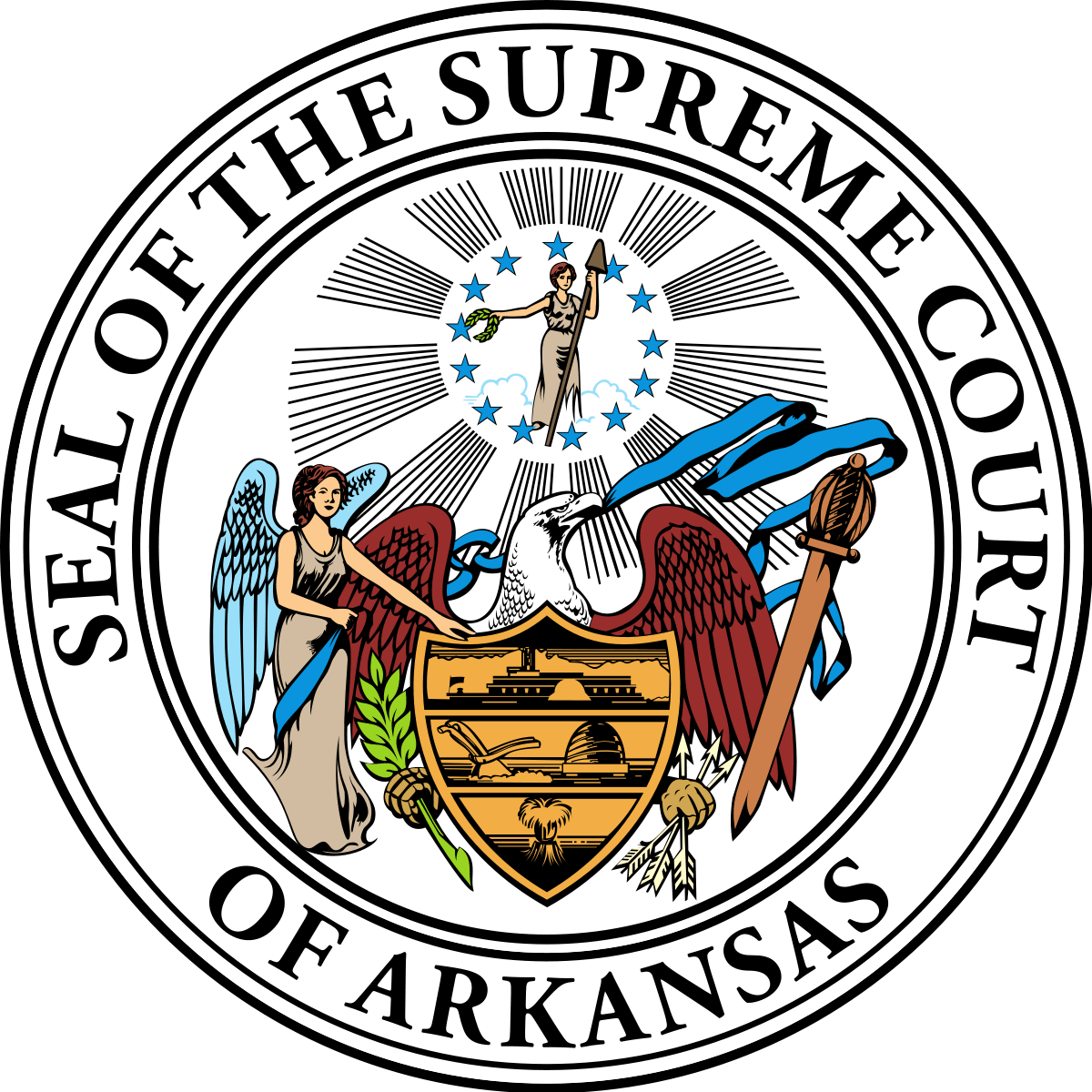Arkansas State Legislature - The Arkansas State Legislature operates as a bicameral body, consisting of the House of Representatives and the Senate. The House comprises 100 members serving two-year terms, while the Senate consists of 35 members with four-year terms. Together, they are tasked with creating and passing laws that govern the state, proposing and debating bills, levying taxes, and allocating state funds. The Legislature convenes in regular sessions, during which legislators work on shaping policies, addressing the needs of citizens, and overseeing the state's budgetary matters, ensuring the effective functioning of Arkansas's government.

















